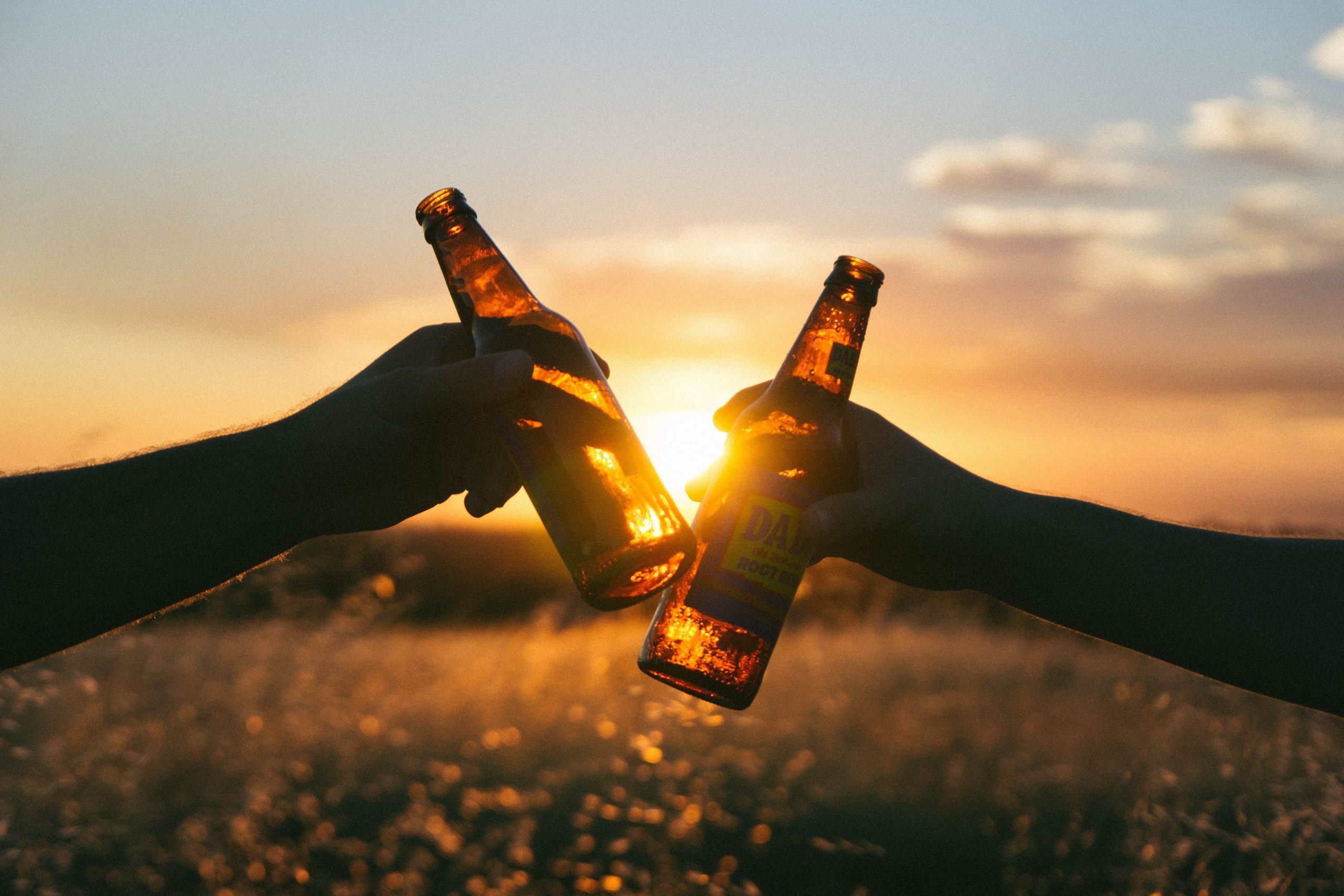Football World Cup organisers have reportedly changed the alcohol
policy for the mega event in Qatar and banned beer sales at the eight stadia in
and around Doha where the matches will take place, the Associated Press
reported. Qatar, the host nation, are pressing FIFA, world football’s governing
body, to ban all Budweiser sale at the venues.
The decision, unofficial yet, came 48 hours before the beginning
of the tournament. Qatar’s royal family is said to have intervened and called
for the ban on beer, Daily Mail reported.
Budweiser’s parent company, AB InBev, has exclusive rights to
sell beer at each World Cup. The company started this partnership with FIFA in
1986. News about a potential ban on beer at the World Cup was first reported by
The Times of London.
In 2010, when Qatar won the rights to host the 2022 World Cup,
the Islamic nation signed contracts saying that it will respect FIFA’s commercial
partners. AB InBev renewed its deal with FIFA in 2011 for a two-tournament
package through 2022. But, the Belgium-based brewer has been uncertain of late
on whether they will be able to sell beer in stadia in Qatar.
In September this year, a deal was reached for beer to be sold in
the stadium before and after games. Only alcohol-free Bud Zero would be sold in
stadium concourses for fans to drink in their seats in branded cups. However,
last weekend, Qatari authorities asked beer stalls to be moved to less visible
locations within the stadium perimeter.
The 2022 World Cup is the first football world cup to be played
in a Muslim nation. In Qatar, foreigners are only allowed to buy alcohol from
licensed premises and non-Muslim locals are allowed to drink at home with a
special permit. Islamic law forbids Muslims from consuming alcohol.
Ahead of the 2014 World Cup in Brazil, FIFA got the South
American nation to introduce legislation overwriting its 2003 law that banned
the sale of beer in football stadia. The ban was introduced to tackle violence
among rival fans and hooliganism.







